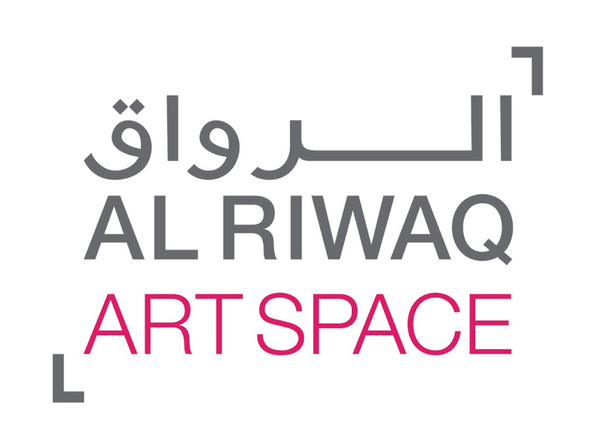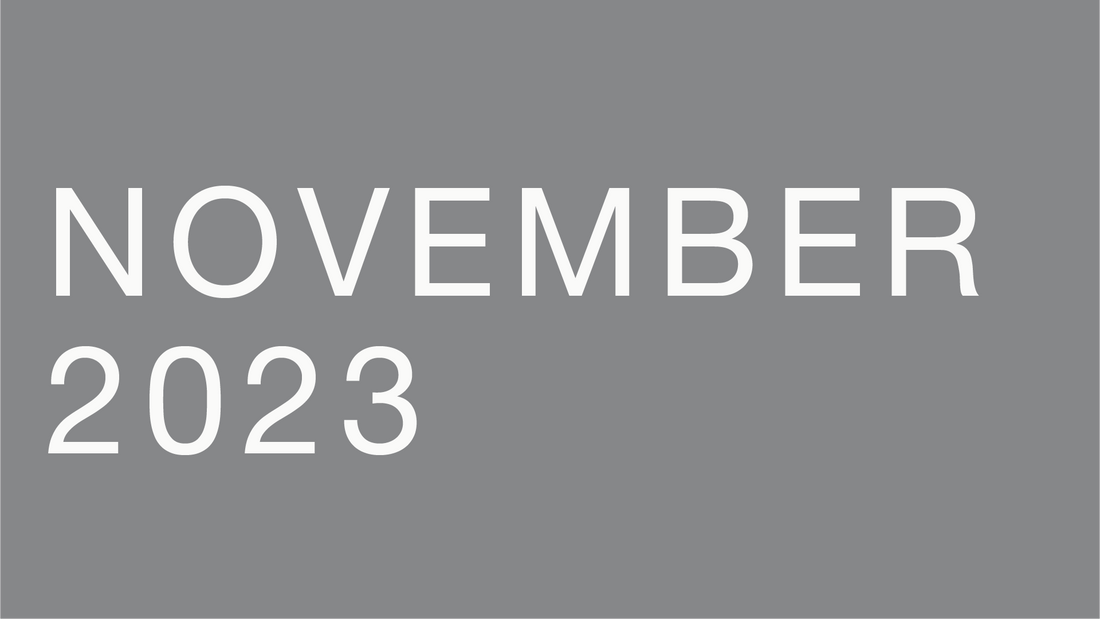Al Riwaq hosted a number of events in November, which included the Expanded Media Club: Public Spaces: Shaping Communities and Lives with UN-Habitat and the AA Visiting School. The Tanween Panel: Designed and Manufactured Locally discussion, the How to Sell for Creatives workshop with Depart and Zainab Alebrahim, the Woodcut Printing workshop with artist Dawiya Ebrahim, and the first edition of Al Riwaq's Supper Club with Chef Yusuf Qambar were among the other events that happened during the month.
The School's agenda explored the intersection of climate change and heritage whilst reflecting on new modes of representation through the medium of film. Historically, coastlines have constantly been shifting, and in recent years this shift intensified due to changes in the climate. A new discourse has emerged concerning challenges faced by small island states that prompt us to think critically about their nature, ecology, and materiality. Some island states such as Tuvalu, have recreated themselves virtually and demanded political recognition of them as states even if the land goes underwater. Such acts are the preservation and documentation of an ecology of an island. Not dissimilar from what our ancestors did when they inscribed their history on walls and objects that we found in the future.

The School studied the challenges posed by climate change through the chosen site of Qal'at al-Bahrain and used the medium of film to contribute to the inscription of the ecology of the island. The site allowed for the creative engagement of the participants through data research, artistic practices, and an intense and layered history. The participants worked in groups to produce a 4-7-minute documentary film.

Attendees joined us for an engaging session as we delved into the profound impact of public spaces and parks on the well-being and quality of life within communities. Together, we examined and questioned the diverse roles and designs of public spaces, unveiling the multitude of possibilities they offer.


This course was designed to help individuals unleash their creative potential and monetize their unique ideas. Through a combination of practical strategies and mindset shifts, participants learned how to effectively market and sell their creative products or services. From identifying target markets to building a compelling brand and mastering persuasive communication, this course provided valuable insights and techniques for transforming creativity into a profitable venture. This course empowered artists, writers, designers, and entrepreneurs to confidently navigate the business side of creativity.


There's a story behind every dish. There's a story behind its origin, a tale about its culture and tradition that perfected it over time. Our food is like a reflection of our past, a symphony of our struggles, and a lesson for the future.
In the first edition of Al Riwaq Supper Club, Chef Yusuf Qamber took the audience on a heartfelt journey, rooted in pride and resilience. Qamber presented a creative interpretation of Palestinian cuisine through a curated, six-course culinary experience, to a diverse group of people, accentuating and celebrating the cuisine’s significance and unique identity.


Woodcut is the oldest form of printmaking, a relief process in which knives and other tools are used to carve a design into the surface of a wooden block. In this workshop with artist Dawiya Ebrahim, participants learned the techniques of carving, treating the surface, inking and printing. Participants also learned the hollow relief carving technique. to create unique printing stamps.




